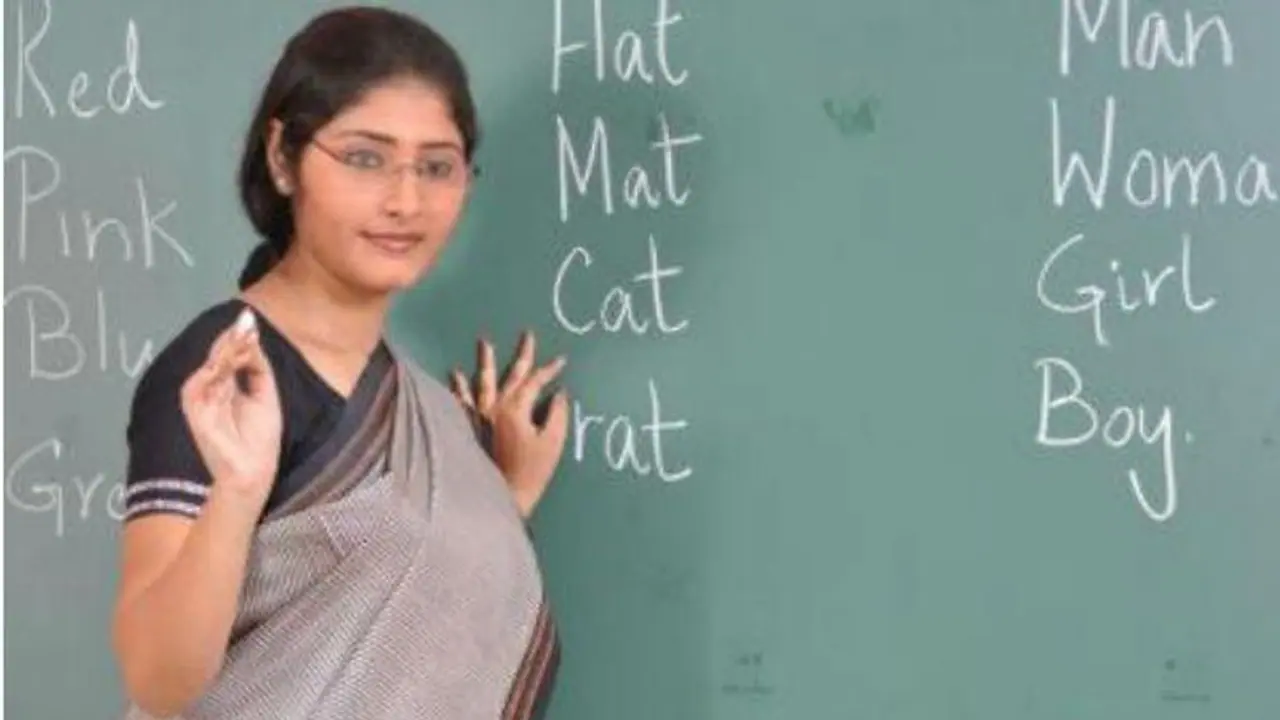India is working really hard to change its education system to make it more effective
New Delhi: India is working really hard to change its education system to make it more effective.
To this effect, the education ministry has drawn up a near 60-point action plan for reforming the schooling system in the country in line with recommendations made in the new National Education Policy, 2020 and plans to get it started in the 2022-23 academic session.
The hallmark of new education system is that it yearns to ‘demystify’ school education, reduce unnecessary burden, and yet ensure improvement in learning levels.
Economic Times reported that the National Testing Agency has been tasked with setting up a committee for review of all entrance exams for admissions to higher education institutions (HEIs), and design a standard entrance exam ‘as an option’.
It is interesting to note that both CBSE and NIOS are to shift to a system of holding two kinds of exams – one objective type and one subjective type – by 2022-23 academic session. CBSE will prepare assessment patterns for both formative and summative assessments and evaluation procedures for elementary education for implementation in the 2022-23 academic session. For the examinations in grades 3, 5 and 8—which are to be introduced as recommended in NEP—a system of analysing anonymised samples shall be developed by CBSE and Kendriya Vidyalaya Sangathan that runs the chain of central schools and Jawahar Navodaya Vidyalayas.
NCERT has been asked to develop a three-months-long, play-based school preparation module for grade 1 students to make them school ready. With focus on arresting the decline in learning levels, NCERT will finetune learning outcomes for all grades, from pre-primary to grade 12, to meet the requirements of NEP 2020.
